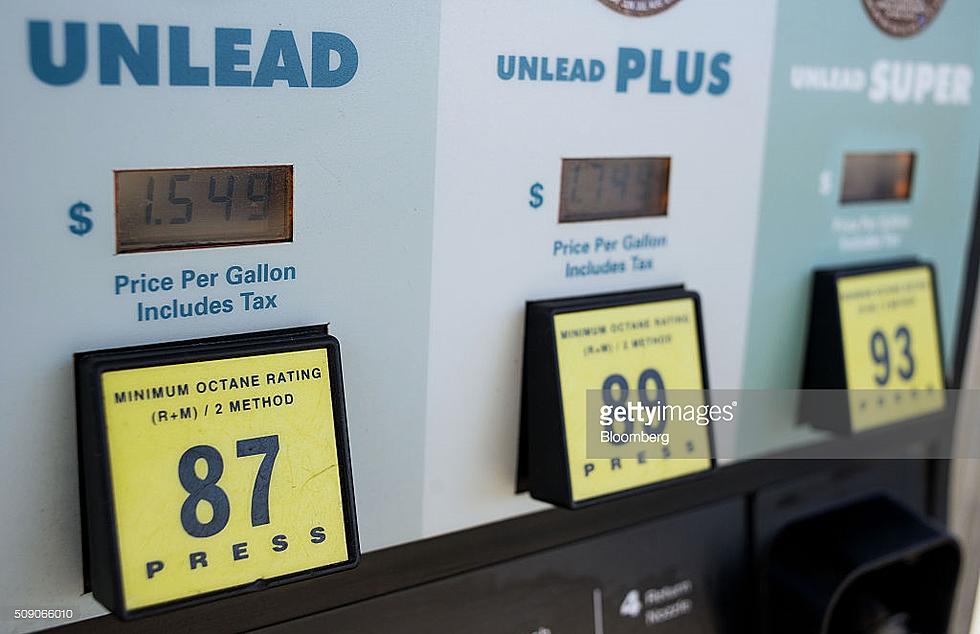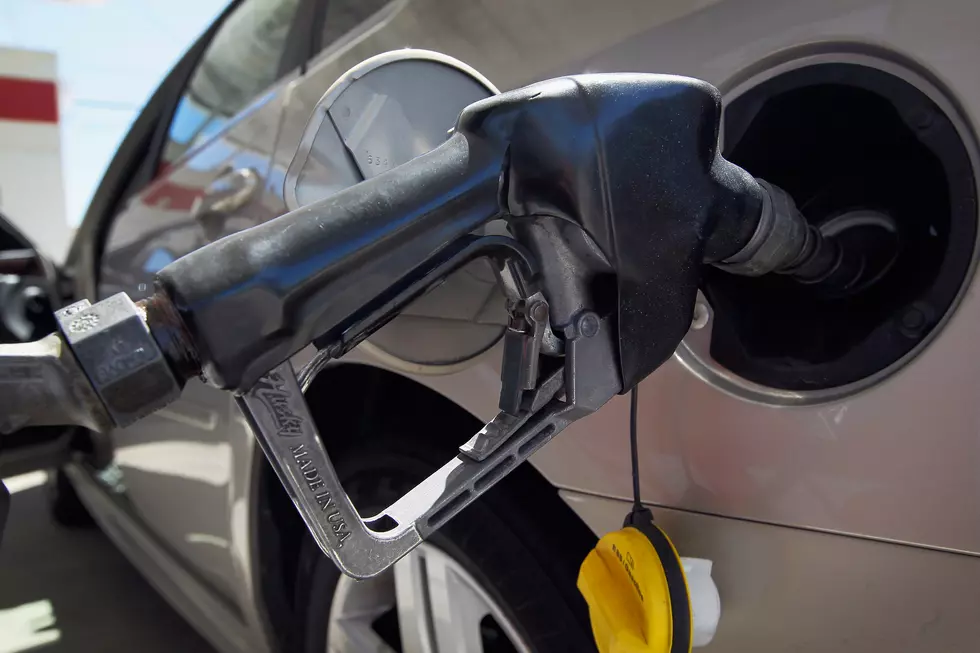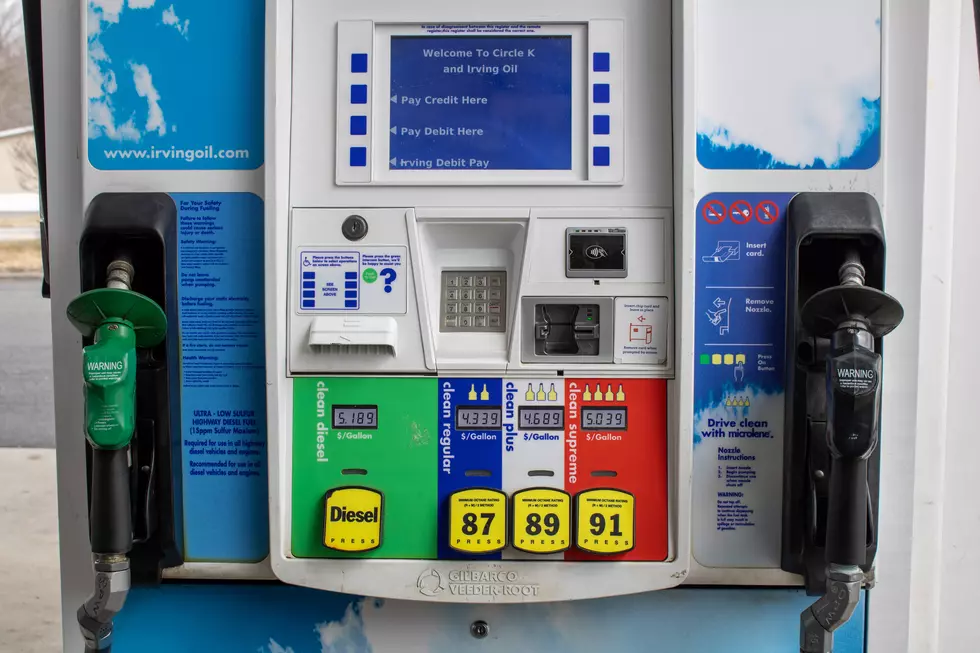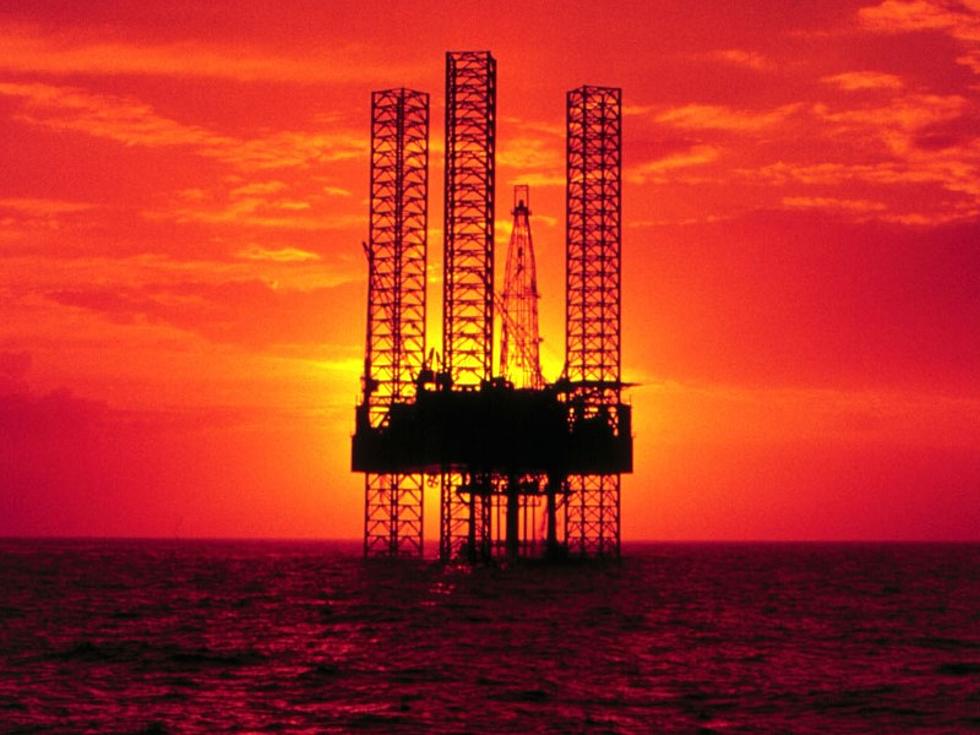
What States Are Having Gas Shortages?
Fuel shortages have widened across the East Coast as consumers continue to panic buy amid the fallout from a cyberattack on the Colonial Pipeline last week by Russian ransomware group Darkside.
The 5,500-mile pipeline system transports more than 100 million gallons of gasoline, diesel, jet fuel and heating oil per day, or roughly 45% of fuel consumed on the Eastern Seaboard between the Gulf Coast and the New York metro area.
Colonial Pipeline Co. said on Monday that it is aiming to substantially restore its system by the end of the week.
Gasbuddy senior petroleum analyst Patrick De Haan noted that Monday's gasoline demand soared across the country.
The East Coast reported a 32.5% increase in demand Monday compared to the previous week, followed by the Midwest at 16.2%, the Gulf Coast at 13.1%, the Rocky Mountain region at 6.6% and the West Coast at 8.4%.
Gasbuddy – which operates apps and websites based on finding real-time fuel prices at more than 140,000 gas stations – is predicting that the national average for gas prices could hit $3 per gallon within the next week. That would make for the highest level of prices seen since 2014. However, the tech research company attributes the increase to the economic recovery associated with the COVID-19 pandemic rather than the impact of the disruption.
Below is a FOX Business state-by-state breakdown on gasoline outages, based on the latest data from Gasbuddy:
North Carolina
According to the latest figures from Gasbuddy, North Carolina is currently the state hardest hit by the disruption, with about 14.7% of the state's fuel stations experiencing gasoline outages.
On Monday, Gov. Roy Cooper issued a state of emergency "suspending motor vehicle fuel regulations to ensure adequate fuel supply supplies throughout the state."
The emergency declaration will help North Carolina "prepare for any potential motor vehicle fuel supply interruptions across the state and ensure motorists are able to have access to fuel," Cooper said in a statement.
Nearly 60% of stations in Raleigh, more than 61% of stations in Wilmington, and over 35% of stations in metro Charlotte reported they were out of gasoline.
Tuesday's average gas price in North Carolina stood at $2.78 per gallon, according to AAA.
Virginia
Following behind North Carolina in outages is Virginia. About 9.6% of the state's fuel stations are reporting gasoline outages.
In Norfolk, nearly 60% of stations in Norfolk have reported gasoline outages.
Tuesday's average gas price in Virginia stood at $2.79 per gallon, according to the American Automobile Association (AAA).
Georgia
In Georgia, about 9.4% of the state's total stations are without gasoline.
Nearly 50% of metro Atlanta's gas stations were out of gasoline, which De Haan attributed to trucks not being able to deliver supply fast enough. He recommended that stations limit their purchases.
Governor Brian Kemp signed an executive order on Tuesday suspending the state's gas tax in an effort to help offset higher gas prices as a result of the cyberattack. The order also increases the weight limits on trucks transporting fuel.
"We are working closely with Colonial and expect for them to recover by the end of the week," Kemp said.
Kemp warned consumers at a press conference that there is no need to engage in panic buying.
"There is no need to fill up every tank you have or hoard gasoline," Kemp said. "Use good common sense."
In addition, Kemp said that any station taking advantage of the disruption through price gouging will "not be tolerated."
Tuesday's average gas price in Georgia stood at $2.87 per gallon, according to AAA.
Florida
In Florida, about 3.2% of stations are currently without gasoline.
Florida's Agriculture and Consumer Services Commissioner Nikki Fried said she is in contact with the federal government's Environmental Protection Agency, the Department of Energy and the fuel industry regarding possible disruptions to fuel supply, sales and gas pricing in Florida.
Like other officials, Fried warned consumers to avoid panic-buying or hoarding gas and to refrain from forming long lines at gas stations.
In addition, Fried told the Pensacola News Journal in a statement that gas supplier TransMontaigne Partners LP has been unable to meet EPA standards on gas requirements under the Clean Air Act, which must be met annually by May 1. As a result, the supplier has reportedly been shut down.
A spokesperson for TransMontaigne did not immediately return FOX Business' request for comment.
Tuesday's average gas price in Florida stood at $2.87 per gallon, according to AAA.
South Carolina
About 7.5% of South Carolina's stations have currently reported gas outages.
In Myrtle Beach, 37% of gas stations are without gasoline.
South Carolina Gov. Henry McMaster said he is in contact with the Office of Regulatory Staff regarding the Colonial Pipeline's temporary shutdown and stands ready to take any additional action that may be necessary.
"Because our state is currently under a state of emergency, transportation waivers and price gouging laws are in effect to facilitate fuel delivery and protect consumers," McMaster added. "There is no need to rush to top off your gas tanks or hoard gas- the pipeline is expected to resume operations by the end of the week."
Tuesday's average gas price in South Carolina stood at $2.74 per gallon, according to AAA.
Maryland
In Maryland, about 1.3% of the state's stations have run out of gasoline. Tuesday's average gas price in Maryland stood at $2.92 per gallon, according to AAA.
Alabama
In Alabama, 1% of the state's stations are without gasoline. Tuesday's average gas price in Alabama stood at $2.72 per gallon, according to AAA.
Tennessee
In Tennessee, about 0.7% of the state's total gas stations have reported outages. Tuesday's average gas price in Tennessee stood at $2.74 per gallon, according to AAA.
LOOK: Here are the best small towns to live in across America
More From News Talk 96.5 KPEL









